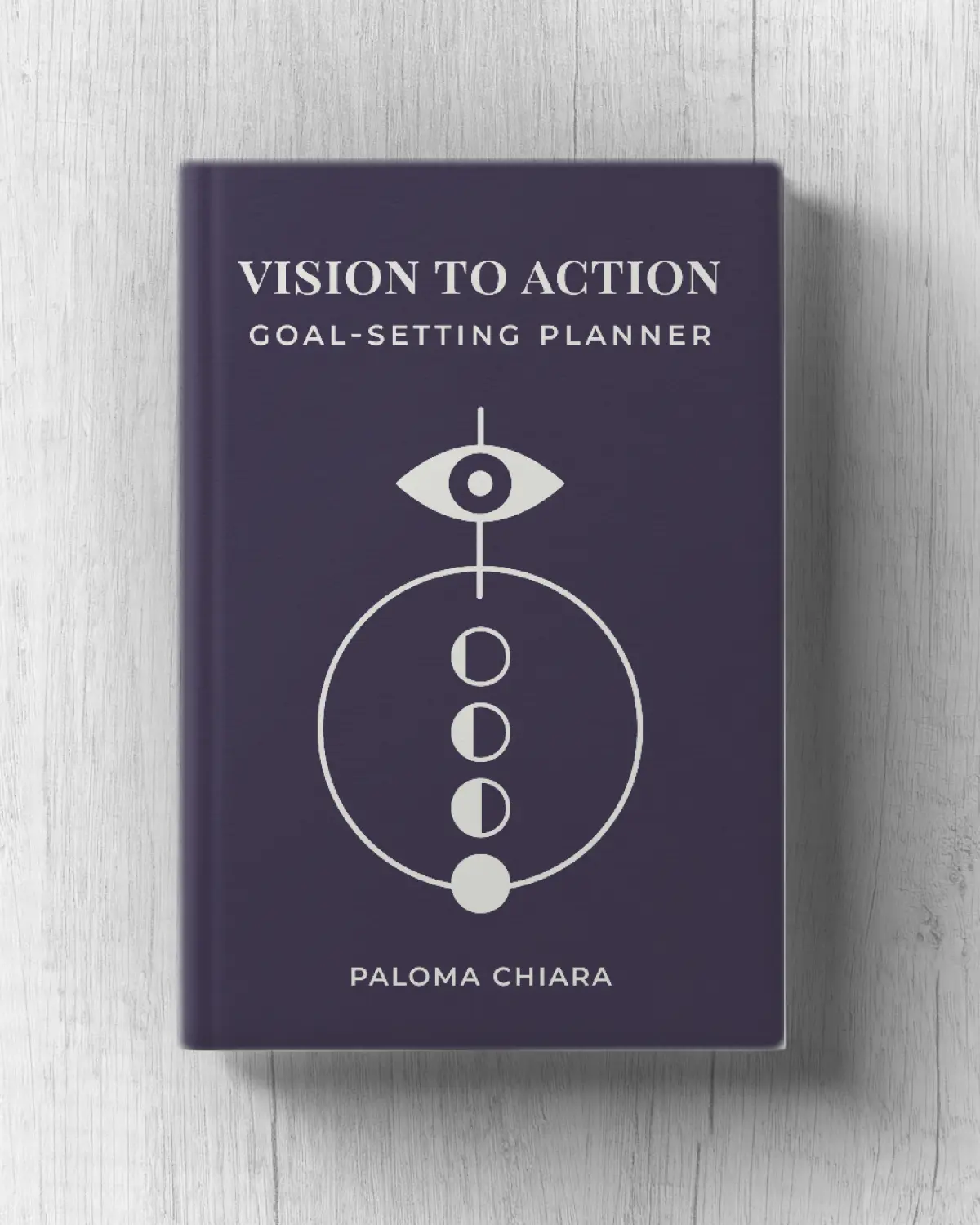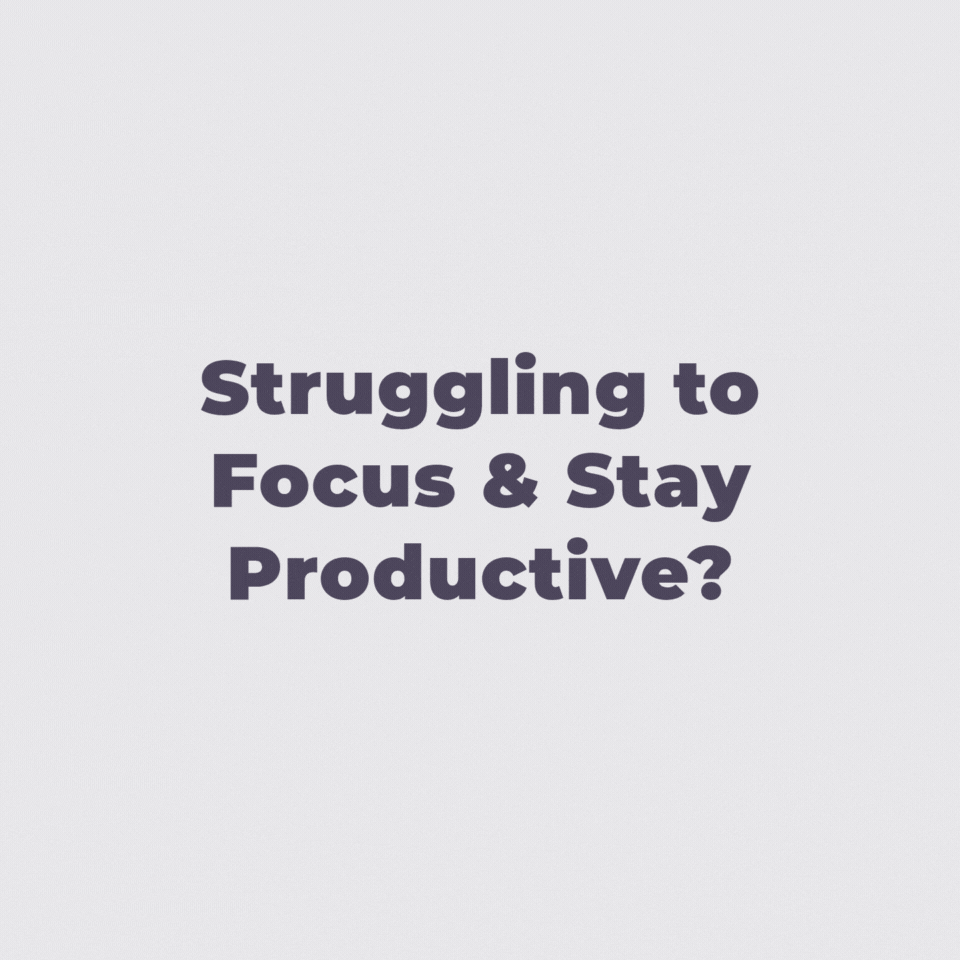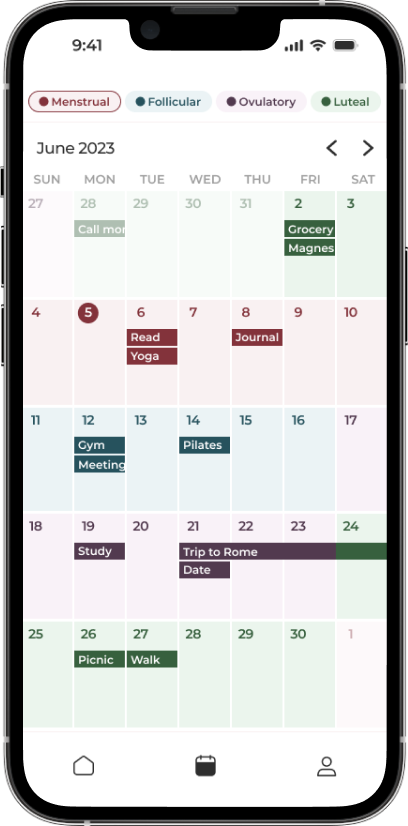How Happiness Boosts Self-Esteem

Self-esteem and happiness are closely intertwined, with one significantly influencing the other. When people are happier, they tend to have higher self-esteem, which further contributes to their overall well-being. In this article, we’ll explore the connection between happiness and self-esteem, and how working with a life coach can help cultivate both, leading to a more fulfilling life.
The Link Between Happiness and Self-Esteem
Self-esteem is the way we perceive our worth and value, while happiness is the overall satisfaction and contentment we feel in life. These two aspects are deeply connected. Research has shown that people who are happier tend to have a more positive view of themselves, which naturally boosts their self-esteem. But why is this the case?
- Positive Emotions Build Resilience: When you feel happy, your brain releases chemicals like dopamine and serotonin, which create a sense of well-being. This positive emotional state helps you handle challenges better and maintain a more resilient mindset. As a result, you start viewing yourself as capable and confident, which increases self-esteem.
- Achievement and Fulfillment: People often feel happier when they experience a sense of accomplishment or personal growth. When you’re happy, you’re more likely to engage in activities that challenge you and push you to grow. The fulfillment from achieving these goals reinforces a positive self-image, further enhancing self-esteem.
- Healthier Relationships: Happiness improves social interactions. When you’re content with your life, you’re more likely to nurture healthy relationships. Positive social support boosts self-esteem because it validates your worth and provides emotional security. These supportive connections also help you feel more secure in who you are, reducing self-doubt.
- Reduced Negative Self-Talk: Happiness can act as a buffer against negative thinking. People with higher levels of happiness are less likely to engage in destructive patterns of self-criticism and comparison. This reduction in negative self-talk is crucial for building and maintaining high self-esteem.

Check out the Vision to Action Planner for only 6$
More infoThe Role of a Life Coach in Building Happiness and Self-Esteem
While happiness and self-esteem are deeply connected, many people struggle to cultivate both on their own. This is where a life coach can be invaluable. Life coaches are trained professionals who help individuals clarify their goals, overcome obstacles, and achieve personal growth. Here are ways a life coach can help foster happiness and boost self-esteem:
- Clarifying Goals and Values: Many people feel stuck or unsatisfied in life because they haven’t clearly defined what truly makes them happy. A life coach helps individuals identify their core values and align their life goals with these values. This clarity allows people to pursue goals that are meaningful to them, leading to greater fulfillment and, in turn, higher self-esteem.
- Overcoming Limiting Beliefs: Low self-esteem often stems from deeply rooted beliefs about oneself, such as “I’m not good enough” or “I don’t deserve success.” Life coaches use techniques such as cognitive reframing to challenge and transform these negative beliefs. By helping individuals recognize their strengths and potential, life coaches enable them to shift their mindset, fostering both happiness and self-esteem.
- Encouraging Action and Accountability: Taking action toward meaningful goals is essential for happiness, but it’s easy to procrastinate or get discouraged along the way. A life coach provides encouragement and holds individuals accountable for making progress. This accountability helps people stay on track, leading to a sense of achievement that boosts both happiness and self-worth.
- Cultivating Positive Habits: Happiness is not a constant state, but a byproduct of healthy habits and routines. Life coaches guide clients in developing habits that promote mental and emotional well-being, such as mindfulness, gratitude, and regular physical activity. These practices not only elevate mood but also contribute to a more positive self-image over time.
- Providing Unbiased Support: Sometimes, people need a safe space to discuss their fears, frustrations, or doubts. Life coaches offer a non-judgmental environment where individuals can explore their feelings without fear of criticism. This emotional support is crucial for building self-esteem because it helps individuals feel understood and validated.
Happiness and self-esteem are closely connected, with one influencing the other in a positive feedback loop. When people are happier, they feel more confident and capable, which strengthens their self-esteem. In turn, higher self-esteem contributes to greater happiness, as individuals become more resilient and capable of facing life’s challenges.
A life coach plays a pivotal role in helping individuals break through barriers to happiness and self-worth. By offering guidance, encouragement, and accountability, a life coach empowers people to pursue a fulfilling life that aligns with their values, resulting in a greater sense of self-esteem and overall well-being.
Ultimately, investing in both happiness and self-esteem leads to a more rewarding life. With the right support and mindset, it’s possible to achieve both—and live a life full of purpose, joy, and self-acceptance.
Still waiting for the 'perfect time'?
Email me what you'd do if you stopped making excuses. We'll work backwards from there.
Let's startRecent posts
-
The Complete Guide to Becoming a High Achiever
Read blog -
How To Make a Positive Impact in Your Community
Read blog -
What Is the “Winter Arc” Challenge?
Read blog -
What Is "the Great Lock-In" and Should You Try It?
Read blog -
What Are the 75 Hard and Soft Challenges?
Read blog -
How to Validate Yourself
Read blog

The App Made To Sync Your Lifestyle to Your Menstrual Cycle.
A solution for women who are looking to keep track of what they sync to their cycles, such as fitness, diet, etc. by adding it to a calendar that also predict their phases.
Learn more





Comment